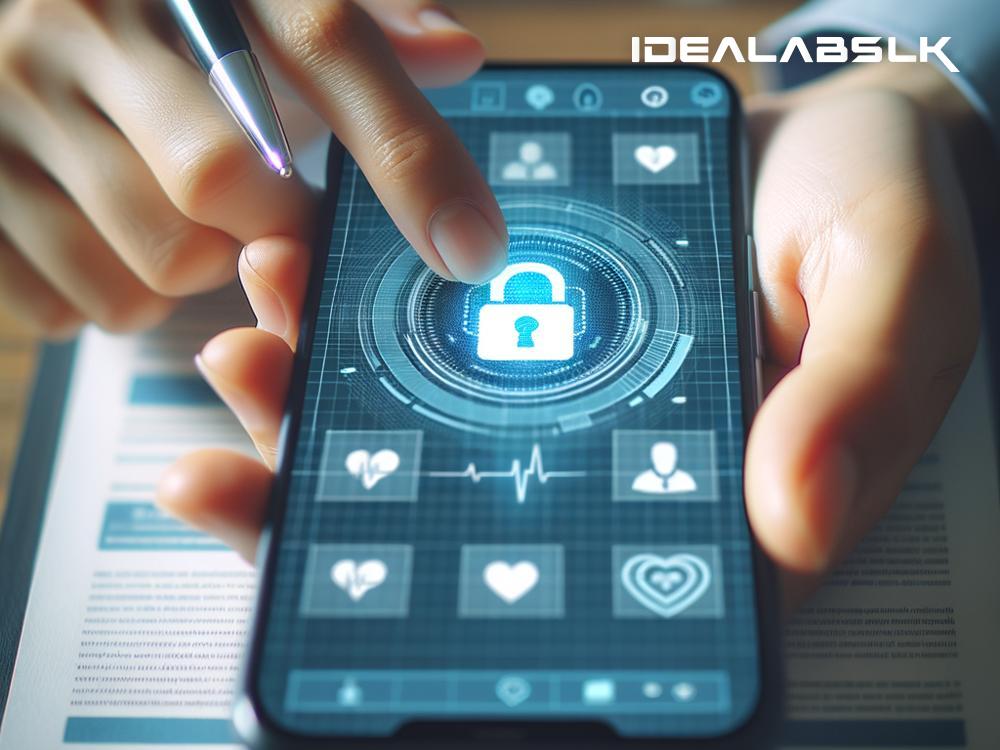How to Safely Use Health Monitoring Apps: Tips for Maintaining Privacy and Security
Health monitoring apps have become our close companions, tracking everything from our daily steps and dietary intake to our sleep patterns and heart rates. While they offer significant benefits, helping us lead healthier lives, they also raise privacy and security concerns. How do we enjoy the advantages of these apps while ensuring our personal information stays safe? Here are straightforward tips to use health monitoring apps securely, respecting your privacy.
Choose Wisely
The first step toward securing your health data starts with selecting the right app. Not all health apps offer the same level of privacy and security. Look for apps from reputable developers that have positive reviews and a clear privacy policy. This policy should explain what data the app collects, how it stores it, and who it shares it with. Avoid apps that demand unnecessary permissions unrelated to their functionality.
Read the Fine Print
Yes, going through terms and conditions or privacy policies can be boring and time-consuming. However, spending a few minutes reading these documents can save you from a lot of trouble down the line. Pay close attention to sections about data usage and sharing. If the language is too vague or the app seems to be overreaching, consider it a red flag.
Manage App Permissions
Health apps often ask for various permissions to access data on your phone. While some of these permissions are necessary for the app to function correctly (like a fitness app needing access to your physical activity data), be cautious about granting access to information that doesn't seem relevant. Regularly review the permissions you've given and adjust them as necessary.
Use Strong, Unique Passwords
This might seem like basic advice, but it's shocking how many people reuse the same simple passwords across multiple sites and apps. If a hacker gets their hands on this password, they could potentially access your health data. Use a strong, unique password for each app, and consider using a password manager to keep track of them.
Enable Two-Factor Authentication
Two-factor authentication (2FA) adds an extra layer of security by requiring a second form of verification before you can access your account, usually a code sent to your phone or email. If your health app offers 2FA, turn it on. It can significantly reduce the risk of unauthorized access to your personal health information.
Keep the App Updated
App developers regularly release updates, which often include security enhancements along with new features or bug fixes. By keeping your health monitoring app updated, you're ensuring that you have the latest security protections. Turn on automatic updates if available, so you don’t have to remember to manually update the app.
Be Wary of Sharing
Many health apps offer social features that allow you to share your progress with friends or the broader app community. While sharing can be motivating, carefully consider what information you're sharing and with whom. Adjust your privacy settings to control who can see your activity, and think twice before posting anything that could be considered sensitive.
Know How to Revoke Access
If you decide to stop using an app or switch to a new one, ensure you know how to delete your account and revoke the app's access to your data. Simply uninstalling the app from your device doesn't always delete your data from the app's servers. Check the app's settings or FAQ for instructions on how to properly remove your account and data.
Listen to Your Gut
Finally, if something about an app feels off—whether it's requesting too much personal information, spamming you with too many ads, or just doesn't seem to be functioning as it should—trust your instincts and reconsider using it. There are plenty of health monitoring apps out there, so don't settle for one that doesn't feel right.
In conclusion, health monitoring apps can be valuable tools for managing and improving your health, but it's crucial to use them responsibly. By selecting reputable apps, paying attention to privacy policies and permissions, using strong passwords, enabling 2FA, keeping your apps updated, being mindful of sharing, and knowing how to revoke access, you can enjoy the benefits of these apps while minimizing the risks to your personal privacy and security. Remember, safeguarding your health data starts with you.

